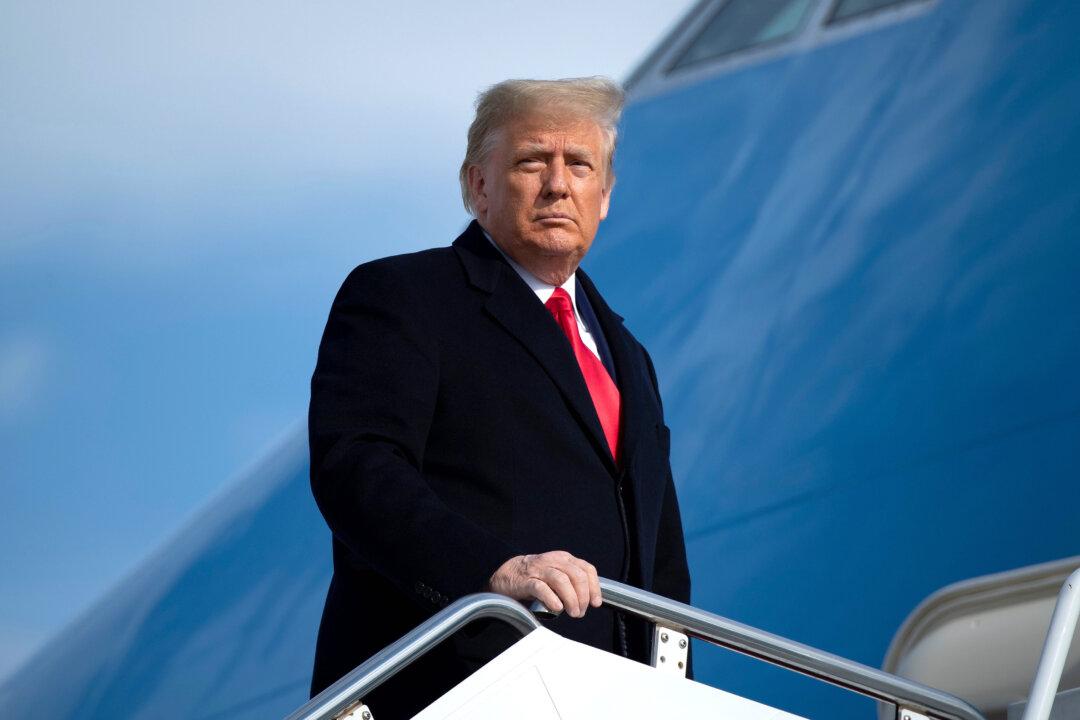President Donald Trump expressed strong disappointment with the Supreme Court late Thursday, although it was unclear what specifically the president was referring to.
“I am very disappointed in the United States Supreme Court, and so is our great country!” Trump wrote in a tweet.





